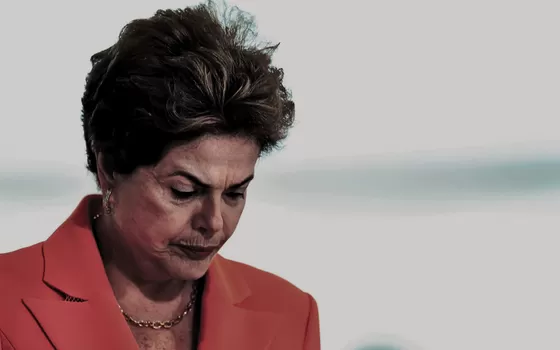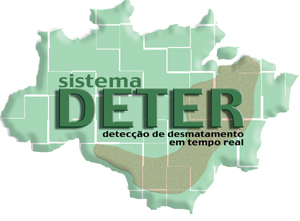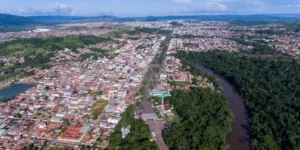President Dilma Roussef will no longer be able to be reelected solely on her merits and activities. If she does not weaken Marina Silva’s rise, she will hardly win in the first round and will certainly be defeated in the second round.
Dilma seems to have reached her limit of possible votes in the election in just over a month. The most she can do is to stop the loss and bleed her main opponent a little. Only then can she hope to overcome her in the second round. The challenge is enormous because Marina is already taking votes away from Dilma, which seemed impossible until less than a month ago.
This is the main interpretation that can be made of the results of the last two polls conducted by Ibope and DataFolha, announced last Friday. The rise of the candidate, who took over as head of the PSB ticket after the death of former governor of Pernambuco Eduardo Campos, is dizzying and continuous. Only a major shock could break this upward trend.
Members of the candidacies of the PT president and the former governor of Minas Gerais, Aécio Neves, are being induced or instigated to attack Marina through a guerrilla war of attrition, without exposing the presidential candidates to the risk of further attrition among the electorate that has already identified with the former senator from Acre.
One of the targets will be the private jet in which Eduardo Campos was traveling when the accident that killed him occurred in São Paulo. The purchase price and the manner in which the plane was used remain unclear – with clouds getting darker and darker. There is suspicion that he was flying while hiding the real owner, thanks to the use of frontmen and slush funds, drained by the PSB. These are routine and immoral customs of political practice, which Marina says she intends to end and against which her name is the best (or the only) alternative for voters.
The other target is the candidate herself. Her fragility is more of an intellectual nature than a physical one. She is unable to present her ideas clearly, consistently and coherently, nor to show objectively how she can put them into practice. She says that the danger is the cat, but she does not present herself as capable of putting the bell on the neck of the beast (which symbolizes corrupt politics, the spurious compromises of power and many other things that prevent Brazil from reconciling itself with its aspirations for greatness).
These weaknesses have already become evident, including to many of those who, even so, will not stop voting for Marina. This week’s Veja magazine says that they are being seduced by a dream, which is not even a project, strictly speaking, due to its emptiness. That is it, but that is not all. The majority of the Brazilian people seem to have grown tired of the PSDB-PT bipolarity, the first more efficient and more elitist; the second, more inefficient and more populist.
In any case, in the exercise of power, they are incapable of making the people believe in change because, for real – and to start a new project of civilization – neither of the two parties has managed to achieve that.
Marina Silva has become the third way, not because voters believe that, once in power, she will do what she is promising or what she has already failed to promise to harmonize and round out her profile.
It is because she will prevent the PT from going beyond the 12 years in which it held the highest public office in the country, during which it took command of the nation for longer than any other party in this republic, or because the tucanos can match that record.
Marina has already said that she will do what Lula never said, but did: she will maintain the economic policy of the government of Fernando Henrique Cardoso, who created the new Brazilian currency, stifled inflation, established standards for public administration and followed the catechism of stability. It is no coincidence that the real finance minister, or super-minister, Henrique Meirelles, remained at the helm of the Central Bank for Lula’s eight years.
Dilma tried to innovate and get out of the straitjacket, but she couldn’t. The disastrous effects are not the result of the boycott by the press or imperialism, but of her incompetence and her huge cabinet of 39 ministers, united by the belief that all it takes is a will to do.
In a way, if she wins, Marina will take Brazil back to 2011 to try a mixed model between FHC and Lula, with some variations and inventions (or inventions). Whether she will be able to do this will only be seen from 2015 onwards. In any case, the short and traumatic Dilma era will have come to an end. And perhaps the angels will say amen.








